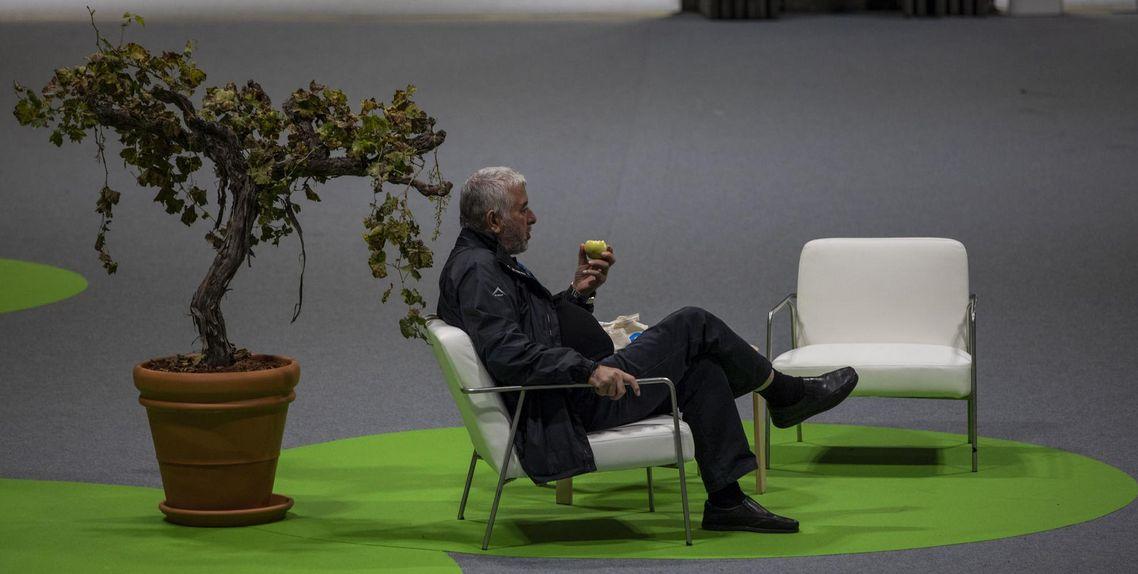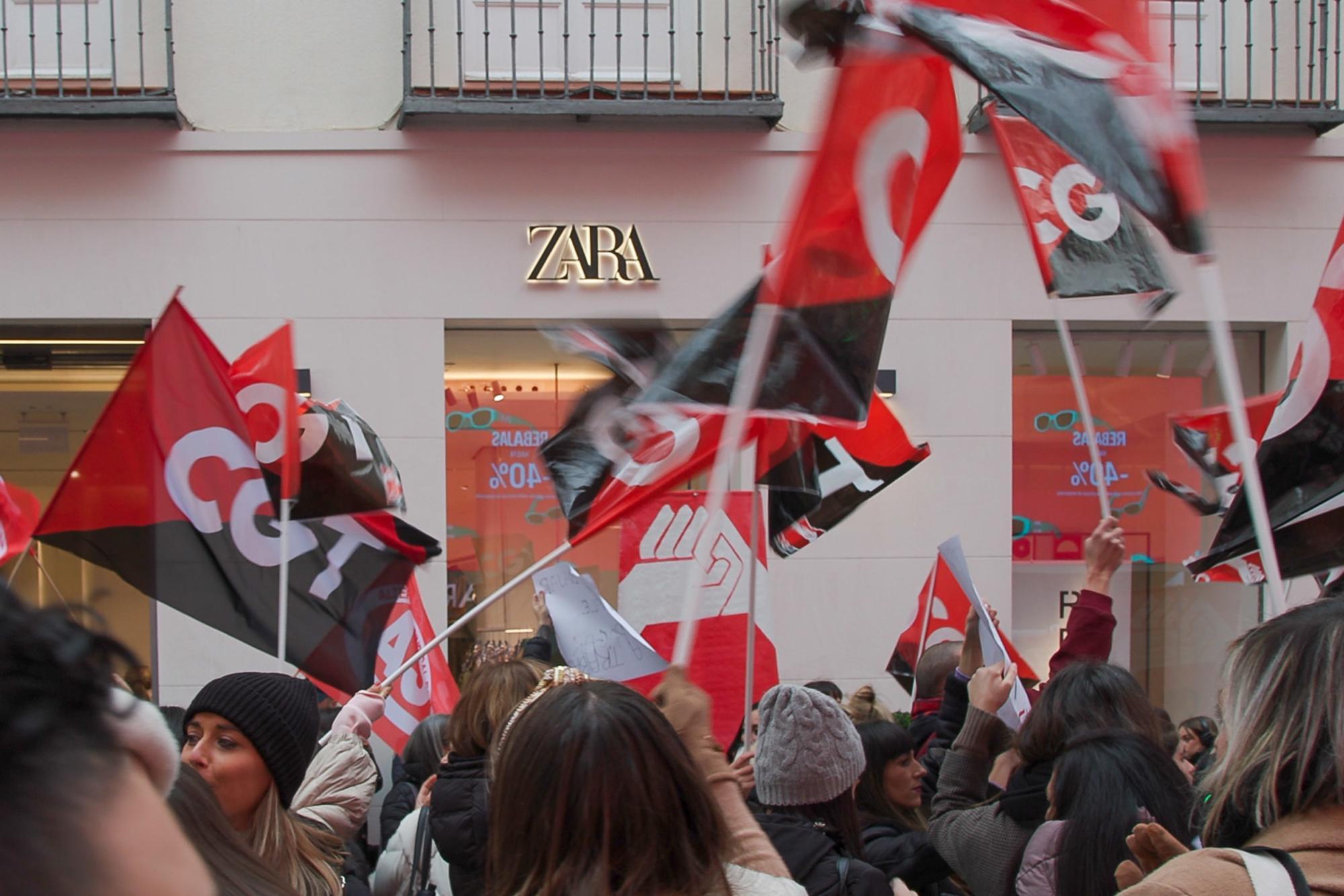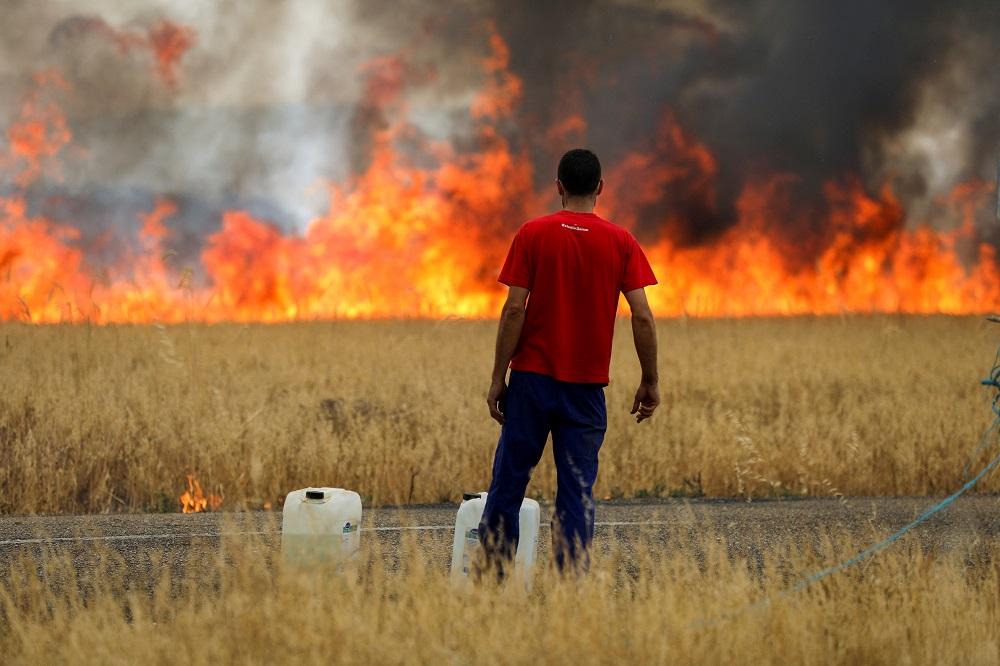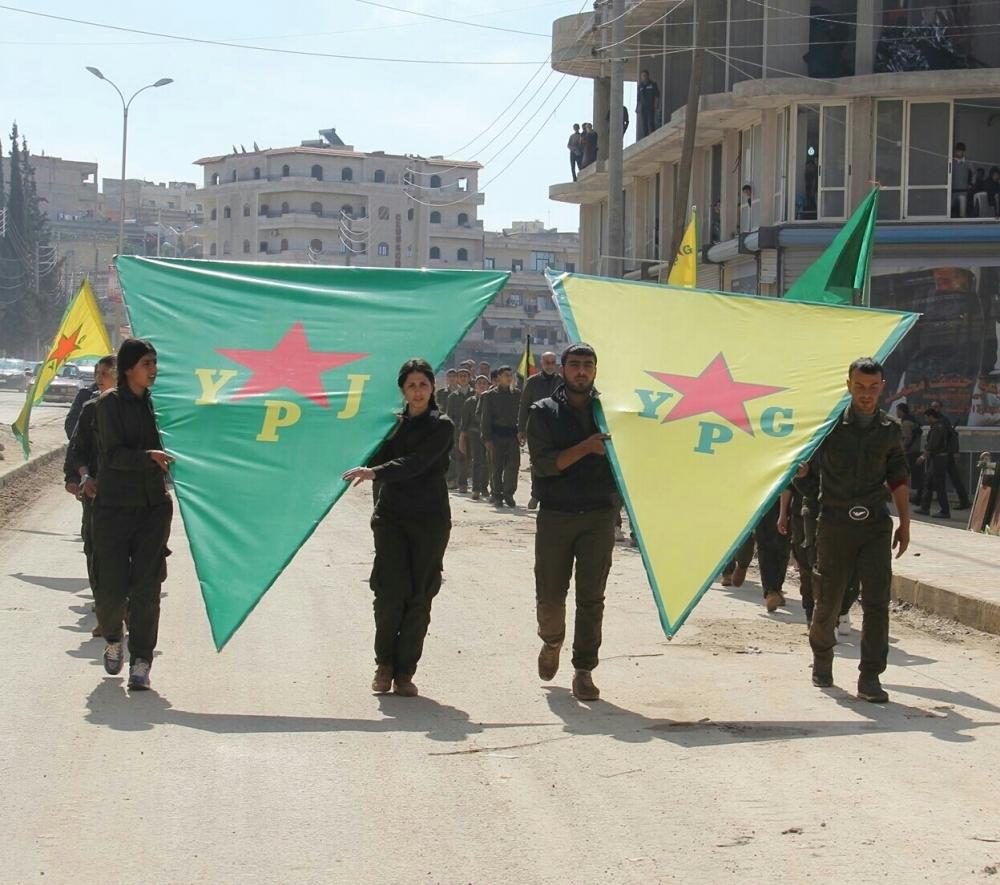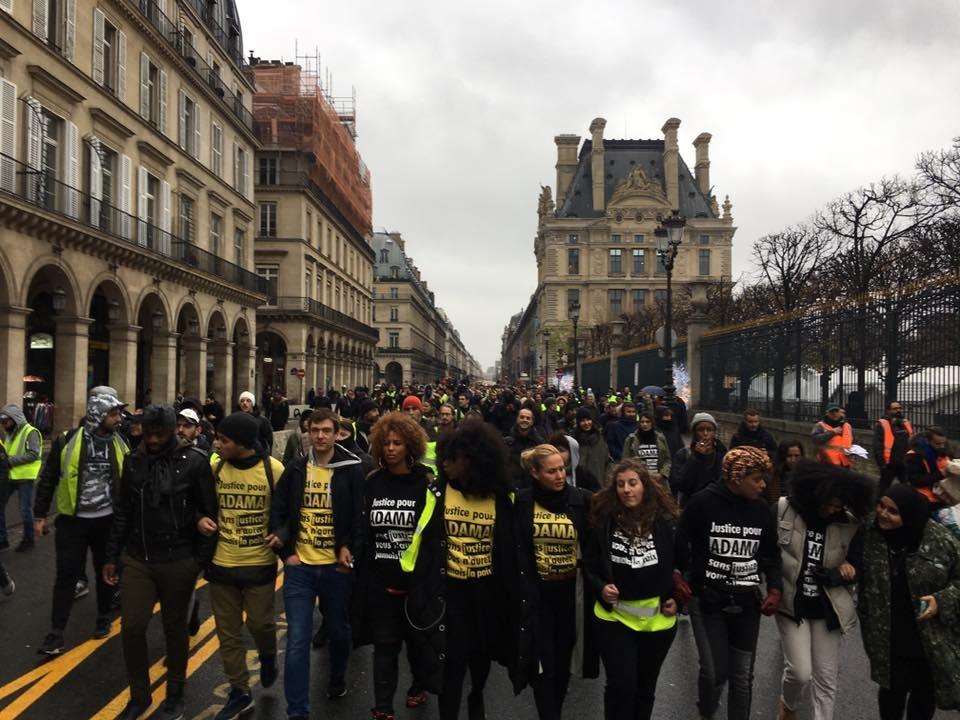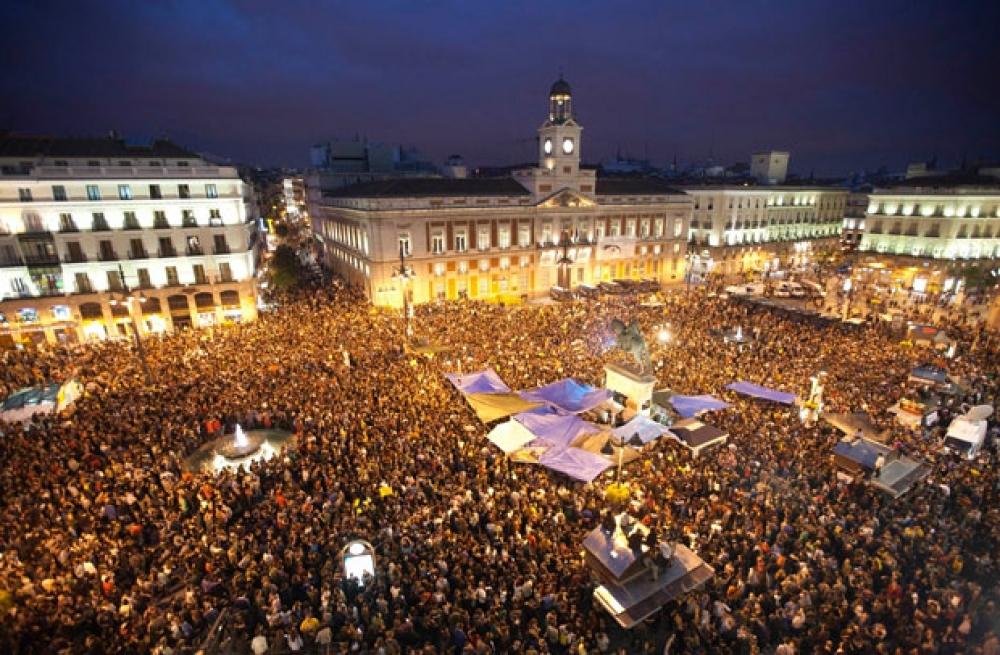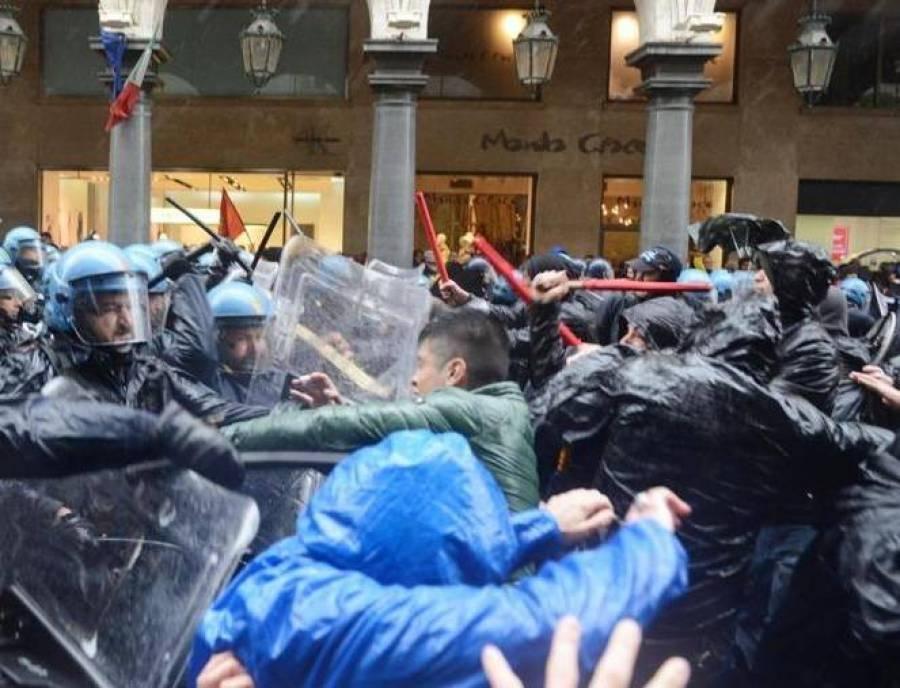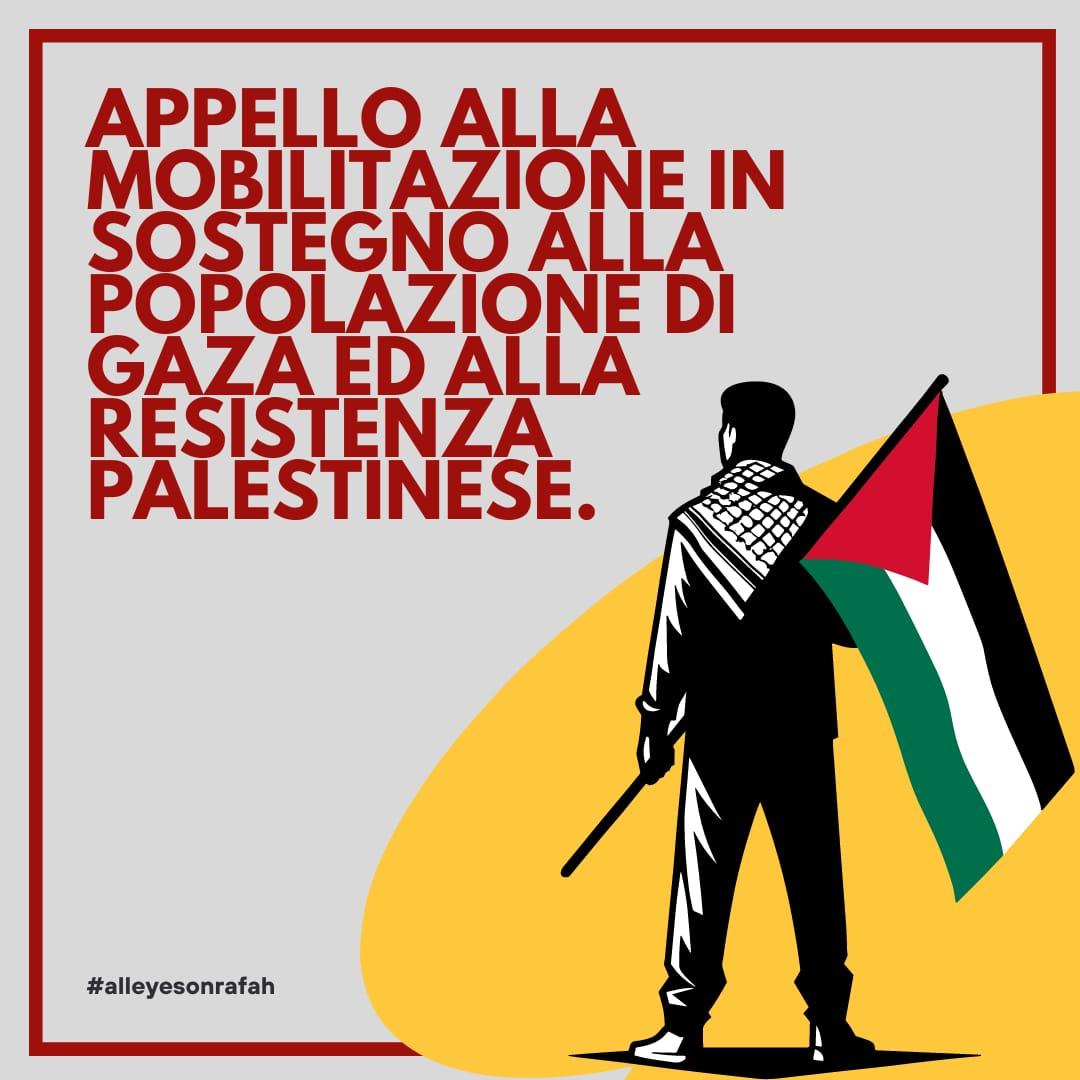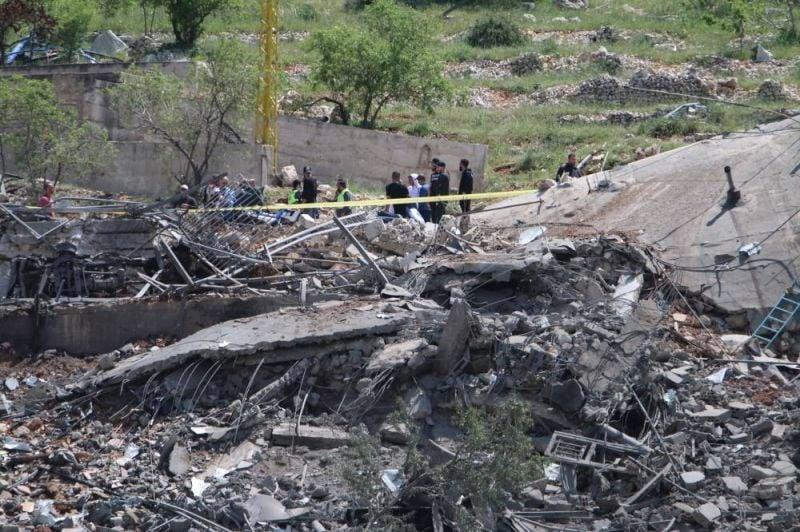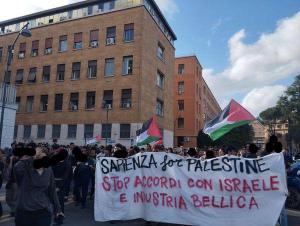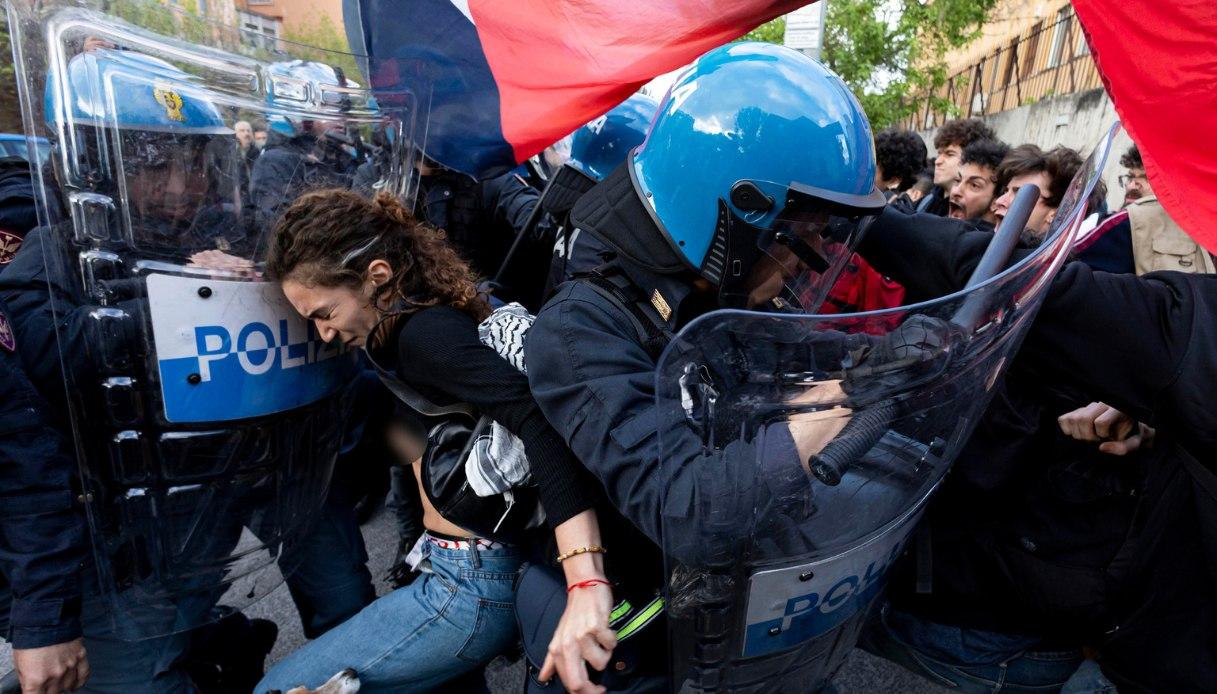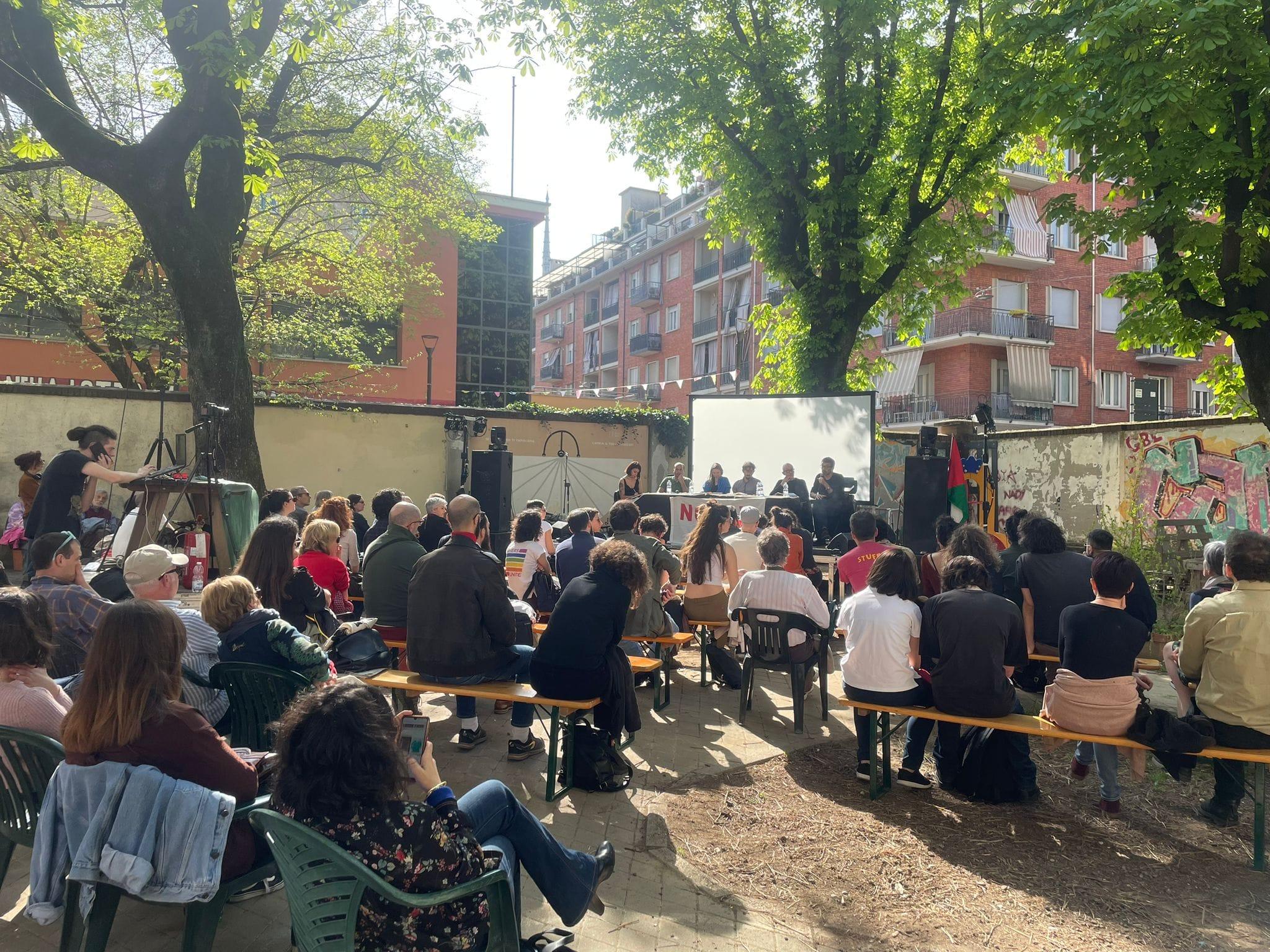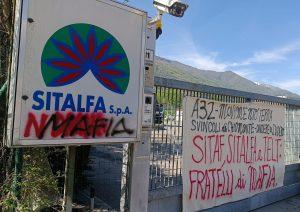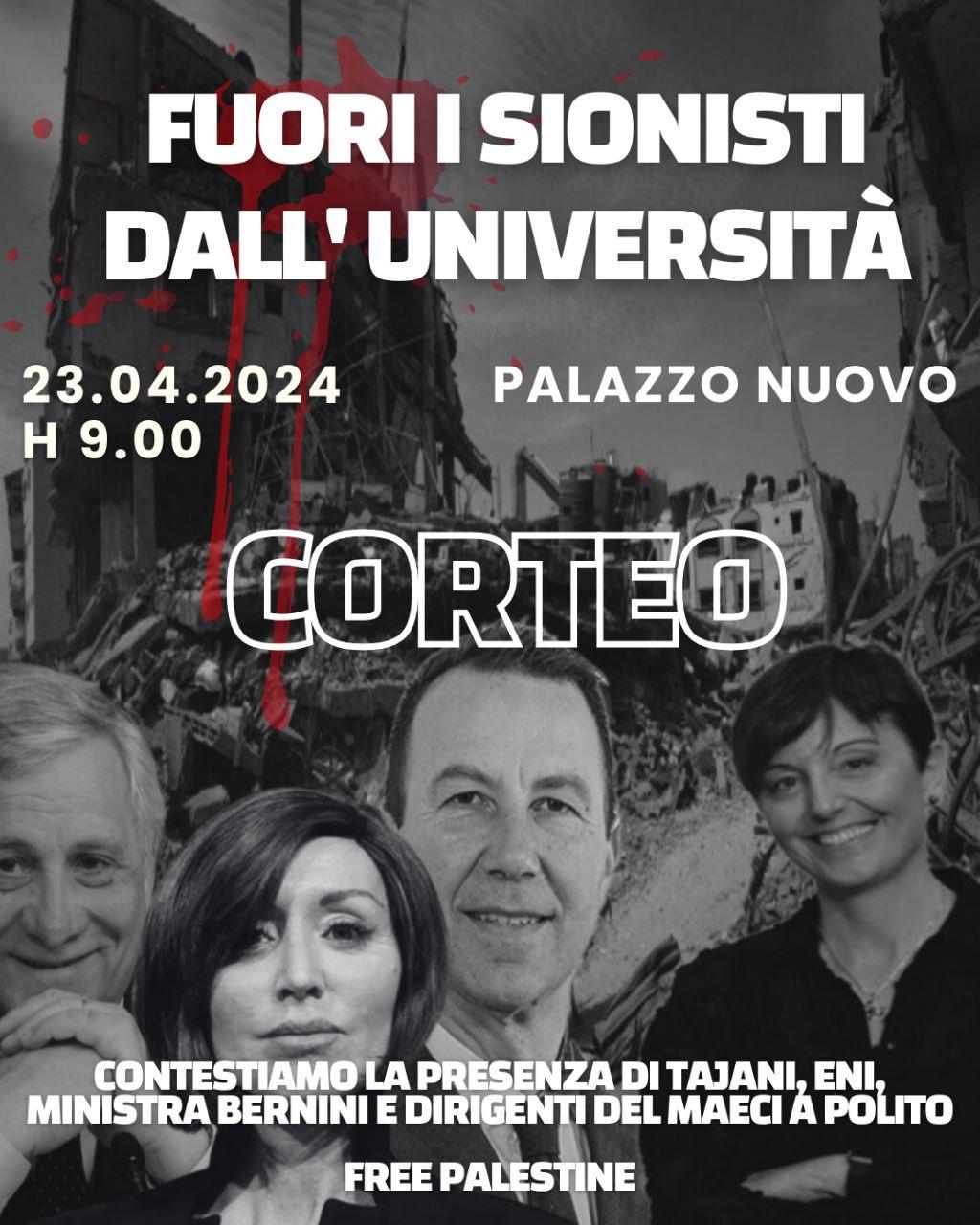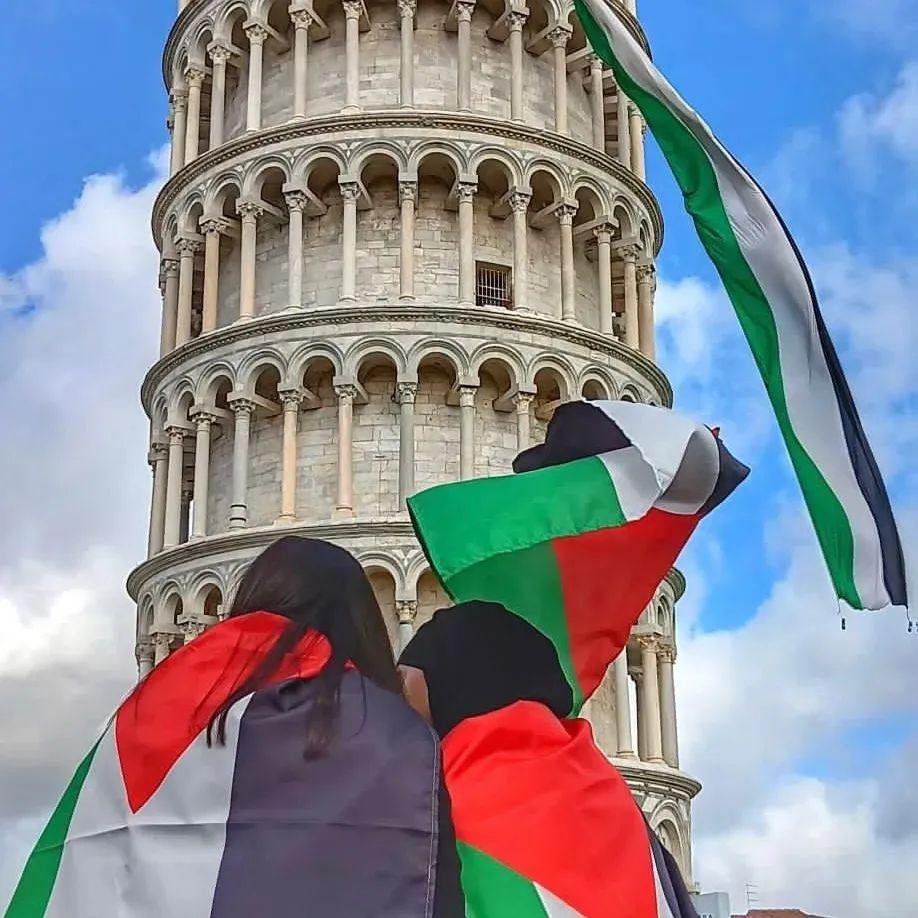
A slap in the face is not enough. On Renzi’s defeat

This Infoaut editorial came out on December 5, right after the defeat at the constitutional referendum of the Yes option, who was championed by former President of the Council of Ministers Matteo Renzi – in an effort to deepen penetration of neoliberal policies and dismantling of the xx-century welfare state model in the country. It delves into the meaning and processes the event produced, even if the swift nomination of a caretaker government by the President of the Republic [in Italy, as long as there is a parliamentary majority supporting it, after the fall of a previous government a new one can be formed at any time], headed by former Foreign Affairs minister Gentiloni and retaining most of the members of the old one, represents a strong institutional rejection of the vote result and the imperviousness of the establishment to any plan of change other than the neoliberal one.
If the Yes vote represented the introduction of a period of stability, the victory of the No vote heralds a crisis. We were investing on this, and so we are pleased. The stability of the institutions enters into crisis: the reform of the constitution of ’48 formally adjusted the the political life of the country to the pace of the command over the expropriation and commodification of the remaining social resources. The victory of the No vote slows down the interests of forces already oriented towards establishing, on this backdrop, new equilibra and hierarchies. They will try again.
The No vote prevailed by a 20 point margin. Not crumbs. The unequivocal result forced Renzi to raise a white flag by midnight. He is the first to pay a price: “the experience of my government ends here“. A motley collection of No supporters had promised they would make him cry. They succeeded, from Venice to Palermo… above all in the south and the islands [Sicily and Sardinia]. The regions which caused the most harm to the Premier, manifesting a total disillusionment with respect to the promises of the last yuppie [Renzi] were Sardegna and Sicily, places where not even the last remaining credible connections with the existing political framework were able to put down strong roots.
More than 19 million people got out of bed yesterday morning [December 4] to express their opposition in the form of the No vote. A fact that digs Renzi’s grave and wrong-foots all those who, standing before the vortexes of a reality in transformation, preferred to justify their own immobility with the skepticism of a supposed tendency towards antipolitics. A 66% voter turnout for a referendum with no quorum signals two facts: the first is a transgression of the design of American style democracy that Renzi wanted, in which few people express themselves and the lobbies administer. The second is that the vote, notwithstanding the campaigns of the ideologues of abstentionism, when it is perceived socially within an actually occurring conflict, has little to do with the amount of trust on the ground for institutional democracy. Rather, it is the expression of a will to make their hostility count; as an instrument that effectively delivers a result. “To vote against is easier“, complained Renzi in a press conference. Yes: the “eccedenza” [outpouring] that characterised participation in the No vote ultimately lead to its victory.
The result was not guaranteed. The investment of the lobbies of the yes vote tried in every way possible to overlap the horizon of the no vote with Salvini and Grillo… agitating the spectres of populism. They were not successful, to the extent that the latter two now will try to capitalise electorally on the mistrust of Renzi and the Democratic Party. We are dealing however with a No vote whose composition is elusive and complex, in which there is a sense of a people’s payback and of a renewed faith in the capacity to count and decide against those who govern. That the institutional landscape, from Grillo to Salvini, converges on the electoral hypothesis – even one involving Italicum [proposed changes to the Italian electoral law that will make it easier for the ruling party to secure a majority], the leader of the 5 star movement [Grillo] affirmed overnight – is above all a sign of an attempt to capture something that threatens also them.
A no vote, vindicated in the first instance by all of those classes that from the start glimpsed the opportunity to repay with the same currency those responsible for their own instability. Millions of ballots were scratched by pencils whose mark was etched into the paper to ensure that their sentiment could not be tampered with. It’s not a question of functional illiteracy or hoaxes, but rather of a widespread social perception of the possibility of deception hidden within the truth of the suffering of everyday injustice.
We reaffirm: the December 4 vote had nothing to do with the level of trust in the democratic institutions, nor anything to do with their defence. It was a vote made in opposition to, in attack of, a system which the yes camp uniformly promised – from Palazzo Chigi [the palace of government and residence of the president of the council of ministers in Rome] right down to the lowest provincial constituency governed by the Democratic Party – investing millions of euros, political resources and assets in the service of a real offensive that was conducted in order to achieve the victory requested and sponsored by the European financial-economic centres. The total aligning of the mainstream media, a feat that was still unaccomplished under Berlusconi, delineated an embedded information, which was fought over also within a conflict between different media cultures. The censorship of fhe reasonings, aims and rallies of the No camp did not lead to a victimistic self enclosure within its own terrain, but rather it publically substantiated the existence of a conflict, from the streets to the social networks.
With the defeat of the Yes vote the appropriation from above of the promise of change, and the characterisation of the opposition to the constitutional reform as conservative backlash, have failed. Thirty years after the end of the 80’s, its sentence was cast on the ballots of the young and the south, while, in the streets, the numerous protests of the last few months did. In the wake of Brexit and Trump staggers the last chance to stabilise a capitalist government of the crisis, and we move into the uncharted territory of opposition to the crisis.
This is the space which can develop.The rally on the 27th of November in Rome expressed the determination of the social struggles and the movement against the great state infrastructure works [eg the No TAV movement] to tackle head on an attempted change of pace, starting with the direct opposition to Renzi and his policies. In these months and years those who fought against the politics of sacrifice by occupying houses and resisting evctions, clashing with the police of this outgoing government at the workers’ pickets, those who occupied schools and attacked the institutional palaces responsible for the reforms of austerity… Those people are not yet satisfied. An undomesticated social variable managed to tune into the same class mood, of revenge, of transformation, that on December 4 produced the victory of the No vote. The rage of the young faces during the clashes at the Leopolda [Leopolda station, Florence, a favourite venue for Renzi’s TED-like conventions] were only its first expression.
The process which begins today with the No victory will render even more difficult, stratified and articulated the framework of the post-referendum options, increasing systematic contradictions by the grafting on of a new variable: that of the mobilisation which aspires to be the movement of the social opposition.
Renzi has announced his resignation. Our task is to force the dismantling of the project he advanced. This is not a time for us to be waiting; a strategy played out by our enemies, who were penalised by the no vote but can only respond by playing political games based on the dynamics of vultures…… Those who say no can be already from tomorrow those who will not be satisfied by the words of Mattarella or by the new promises of a Democratic Party intent on picking up its own pieces, or of those who aspire to taking its place. Making count, capitalising on and extending the No victory means involving the whole depth of the social space. The withdrawal of the reforms passed by this government is the minimum political programme that must be won through struggle, starting from the Jobs Act labour law, the Piano Casa housing plan and the Buona Scuola education reform. What possible metamorphoses of the No supporters interests us in order to deepen the crisis that has been opened up? We confront ourselves with the renewed necessity to withdraw ourselves from the financial blackmail that this shipwrecked reform promised, and with the fact that now it will exert the violence of the tensions of the markets and the rates of credit. The enemy strategies will move in fact to the search for new equilibria to regain stability. If the forms of this process can’t pass anymore through the jester of Rignano [Renzi], new technocratic governments will be ready for deployment with the aim of realising the project buried by the failure of the constitutional reform. However, the memory of the season of blood and tears of Monti and Fornero [former technocratic government’s president of the council of ministers and labour minister] is still fresh and, to prevent its return, not admitting the reintegratability of the crisis of the party of stability par excellence will above all be necessary. The Democratic Party, for the historical role it played in the last two decades, must pay the price.
Translation: Lorenzo ACAB
Ti è piaciuto questo articolo? Infoaut è un network indipendente che si basa sul lavoro volontario e militante di molte persone. Puoi darci una mano diffondendo i nostri articoli, approfondimenti e reportage ad un pubblico il più vasto possibile e supportarci iscrivendoti al nostro canale telegram, o seguendo le nostre pagine social di facebook, instagram e youtube.

